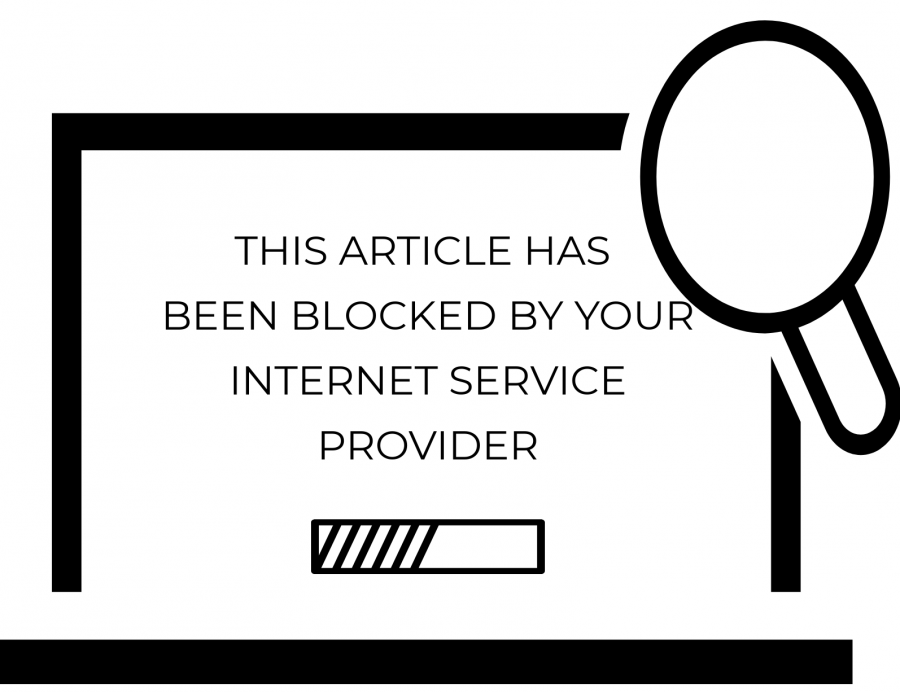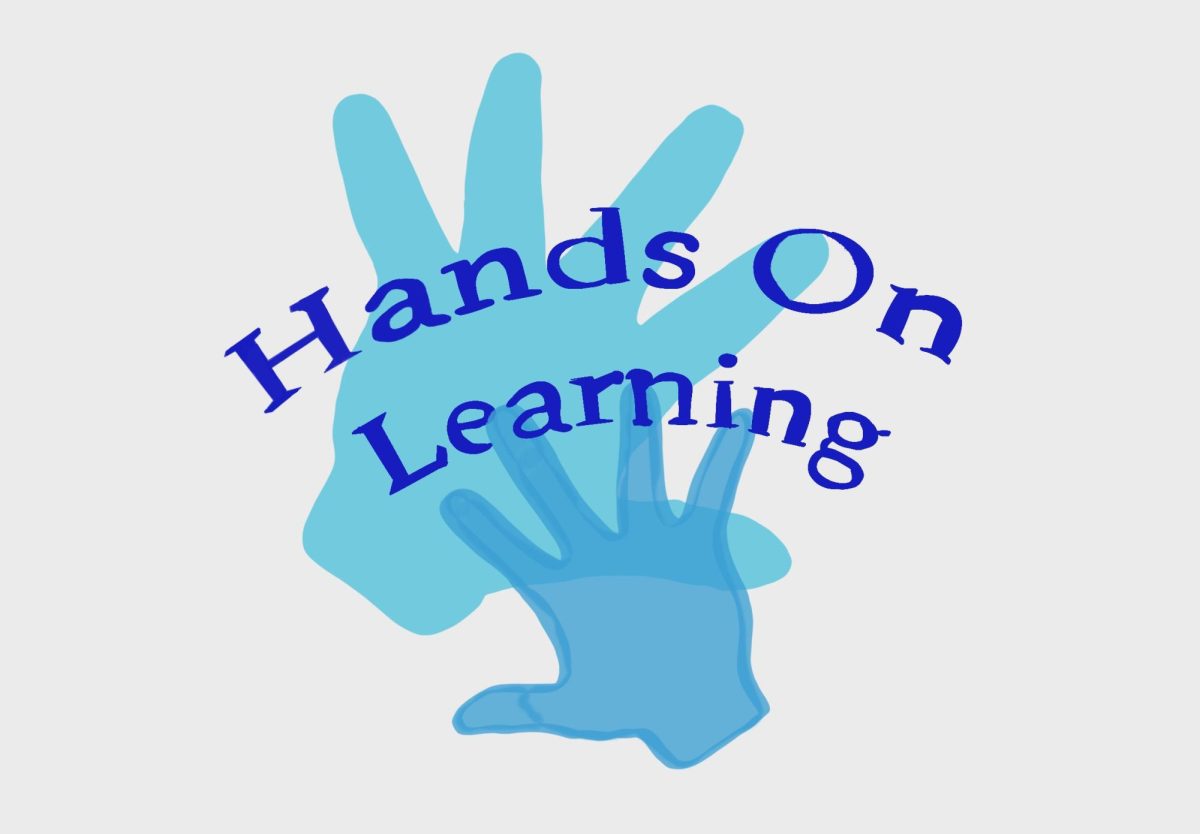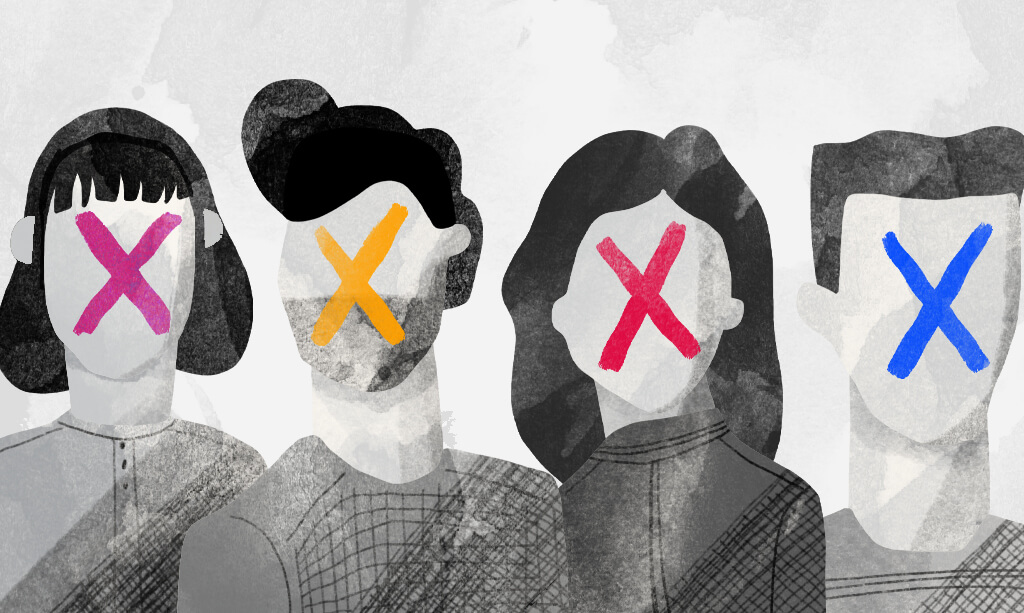Despite public outcry, the free and open internet is dissolving.
President Obama fought the Federal Communications Commission (FCC) to keep the internet free of interference in 2015 under the Open Internet Order, an order that mandated Net Neutrality for internet users. Net Neutrality is the concept that the businesses connecting users to the internet—such as Verizon and Comcast—cannot have the ability to restrict or shape by slowing down or speeding up a user’s connectivity to a specific website.
On Dec. 14, 2017, the FCC voted against Net Neutrality. FCC chairman and former Verizon lawyer Ajit Pai argued that the FCC should be nimble in its control in order to allow investment to rocket and innovation to thrive. Under the assumption that broadband companies will compete to improve for a higher payoff, Pai and his supporters removed limitations of the internet market.
“[With] Ajit Pai’s plan, there would be nothing preventing Comcast from simply blocking sites that are critical of their corporate policies,” campaign director of Fight for the Future Evan Greer said. Censorship of opposing opinions is a direct block of freedom of speech, which allows for the protected distribution of thought and opinion.
Under the Trump administration, the free and open internet is at risk. Nationwide, citizens supporting Net Neutrality have reached out to the government through email, letters, phone calls and even text. To participate, contact an official of your choosing with details of their contact information found on www.usa.gov.
For users, this change means that corporate broadband companies may now slow down, block or charge websites. This change in power could lead to users’ choices being taken away, as companies may change what users can and cannot see, as well as control how slow their connection is.
The effect of this regulation will be monumental on less popular sites that lose internet traffic, as they will be forced to lose their domain in response to a lack of profit. Should access to the internet become more costly and difficult to procure, the appeal of business conducted online may be lost completely. Online businesses—such as Ivory Ella and Redbubble—that use social media will struggle to hold roots when there is a lack of marketing possibilities. Affecting our modern economy, entrepreneurs and solid businesses alike will scramble for commerce when so few users may see their content.
For students, this vote to repeal the rules of net neutrality affects scholastic achievement. The millions who will graduate high school striving to succeed will struggle with the inability to afford what was once provided: diligence and fairness. Additionally, tuition prices will increase if institutions choose to pay subscription costs to providers in order to remain connected to resources. Students grappling with insufficient educational resources and a lack of funds to afford inflation will lead to less internet usage. Thousands of struggling college students will be forced to withdraw if they are unable to pay these costs, affecting the rate of graduation, employment and on, leading to a country straining to connect the bridge between the educated and uneducated.
There is still hope for this repeal to be disapproved. Congress may pass a resolution of disapproval to overturn the vote, and a multitude of Americans insist they do so. Numerous members of political parties have called for new legislation after the repeal of Obama-era regulations. Alongside government figureheads arguing the creation of new rules, groups such as Public Knowledge have threatened lawsuits, joined by several state attorney generals including Massachusetts’ Maura Healey. To get involved in the active fight against the FCC’s decision, users should search their congress representatives and contact them via e-mail or voice message in order to publicly denounce the decision and provide citizen input.















